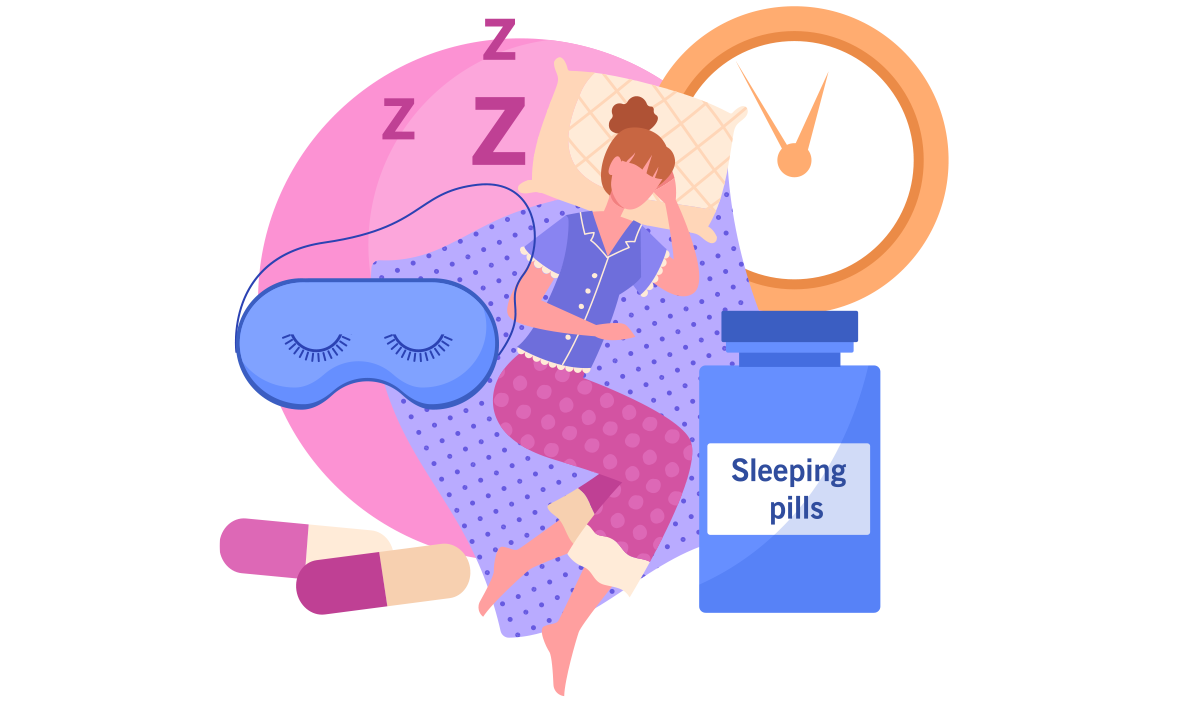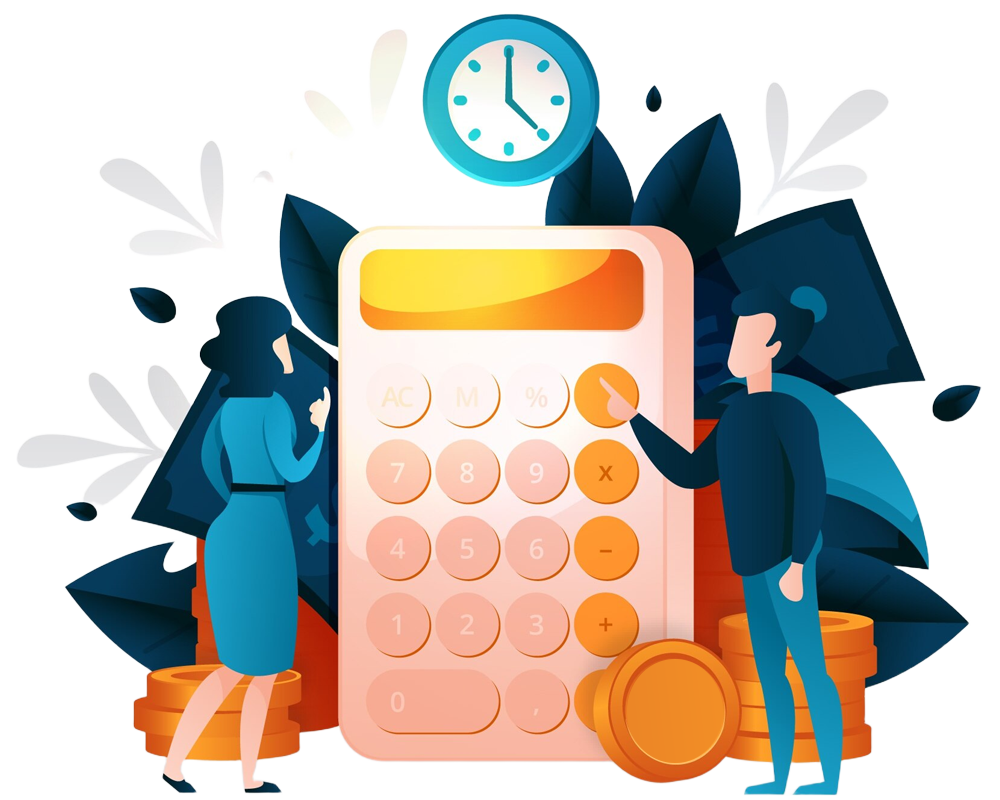This Course Structure is Curated as per the NEP-2020 Guidelines
Course Overview
M.Sc. Sleep Medicine Technology program at Malla Reddy Vishwavidyapeeth, Hyderabad, is a postgraduate course designed to provide advanced knowledge and skills in diagnosing, managing, and treating sleep disorders using state-of-the-art technology.
This program focuses on equipping students with the theoretical knowledge and hands-on skills from 1st semester itself. The curriculum focuses on advanced polysomnography techniques, respiratory therapies, circadian rhythm management, and patient care for conditions such as sleep apnea, insomnia, and narcolepsy. Students gain hands-on experience in conducting sleep studies, analyzing sleep patterns, and applying therapeutic interventions to improve patient outcomes and quality of life.
Graduates of this program emerge as ‘Skilled Senior Sleep Technologists’, enabling them to pursue further higher studies & do research in Sleep Technology, along with plenty of job opportunities globally.

Course Details
Description: 2 Years Degree Program
No. of Seats: 20
No. of Credits: 80 minimum & as specified
- Eligibility
- Curriculum Structure
- Program Outcomes
- Career Enhancement
- Higher Studies
- Job Roles & Progression
The minimum eligibility is a B.Sc. degree in Sleep Technology, Respiratory Therapy, Neurophysiology Technology or equivalent with at least 50% aggregate marks from a recognized university.
Semester | Name of the Subject |
Semester 1 | Advanced Human Physiology, Fundamentals of Sleep Medicine, Sleep Disorders and Classification, Sleep Study Equipment and Technology, Practical: Basic Sleep Diagnostics |
Semester 2 | Polysomnography Techniques, Respiratory and Neurological Disorders in Sleep, Pharmacology in Sleep Medicine, Data Analysis in Sleep Studies, Practical: Polysomnography |
Semester 3 | Therapeutic Interventions in Sleep Medicine (CPAP, BiPAP), Research Methodology and Biostatistics, Emerging Technologies in Sleep Diagnostics, Patient Care and Safety, Practical: Advanced Sleep Therapy Techniques |
Semester 4 | Sleep Medicine Unit Management, Pediatric and Geriatric Sleep Disorders, Thesis/Research Project, Practical: Sleep Medicine Operations |
- Sleep Diagnostics and Polysomnography: Proficiency in conducting sleep studies, including polysomnography, and interpreting sleep data.
- Sleep Disorder Management: Skills in identifying and managing various sleep disorders, such as insomnia, sleep apnea, and restless leg syndrome.
- Therapeutic Interventions for Sleep Disorders: Expertise in administering CPAP, BiPAP, and other therapies for respiratory-related sleep issues.
- Data Analysis in Sleep Studies: Understanding of sleep data analysis, scoring, and reporting results to assist in diagnosis.
- Patient Monitoring and Safety: Skills in ensuring patient safety during sleep studies, including managing emergency situations.
- Sleep Medicine Unit Management: Ability to manage sleep lab operations, staff coordination, and patient care within a sleep study unit.
- Certification in Polysomnography: Specialized training in polysomnographic testing and interpretation.
- Certification in Sleep Disorder Management: Focuses on understanding, diagnosing, and managing common sleep disorders.
- CPAP and BiPAP Therapy Certification: Training in therapeutic interventions for respiratory-related sleep disorders.
- Data Analysis in Sleep Studies Certification: Emphasizes sleep study data interpretation, scoring, and reporting.
- Sleep Medicine Unit Management Certification: Covers skills for managing a sleep lab, patient scheduling, and maintaining quality standards.
- Ph.D. in Sleep Medicine or Neurophysiology
- Fellowship in Respiratory Sleep Disorders
- Postgraduate Diploma in Neurophysiology and Sleep Technology
- Advanced Certifications in Pediatric Sleep Disorders or Behavioral Sleep Medicine
Duration | Roles and Responsibilities | Salary Range |
0-3 years | Sleep Technologist, Polysomnography Technician | ₹4,50,000 – ₹7,00,000 per annum |
3-5 years | Senior Sleep Technologist, Respiratory Sleep Disorder Specialist | ₹7,00,000 – ₹10,00,000 per annum |
5-10 years | Sleep Lab Manager, Therapeutic Sleep Specialist | ₹10,00,000 – ₹15,00,000 per annum |
10+ years | Director of Sleep Medicine Services, Chief Sleep Technologist | ₹15,00,000+ per annum |
Note: Salaries vary based on experience, location, and type of healthcare institution.

Fee Structure Per Academic Year
| Tuition Fee | Miscellaneous Fee | Scholarship | ||
| 200000 ₹ | 10000 ₹ | Above 90% – 40000 ₹ | Between 81-90% – 20000 ₹ | Between 71-80% – 10000 ₹ |




